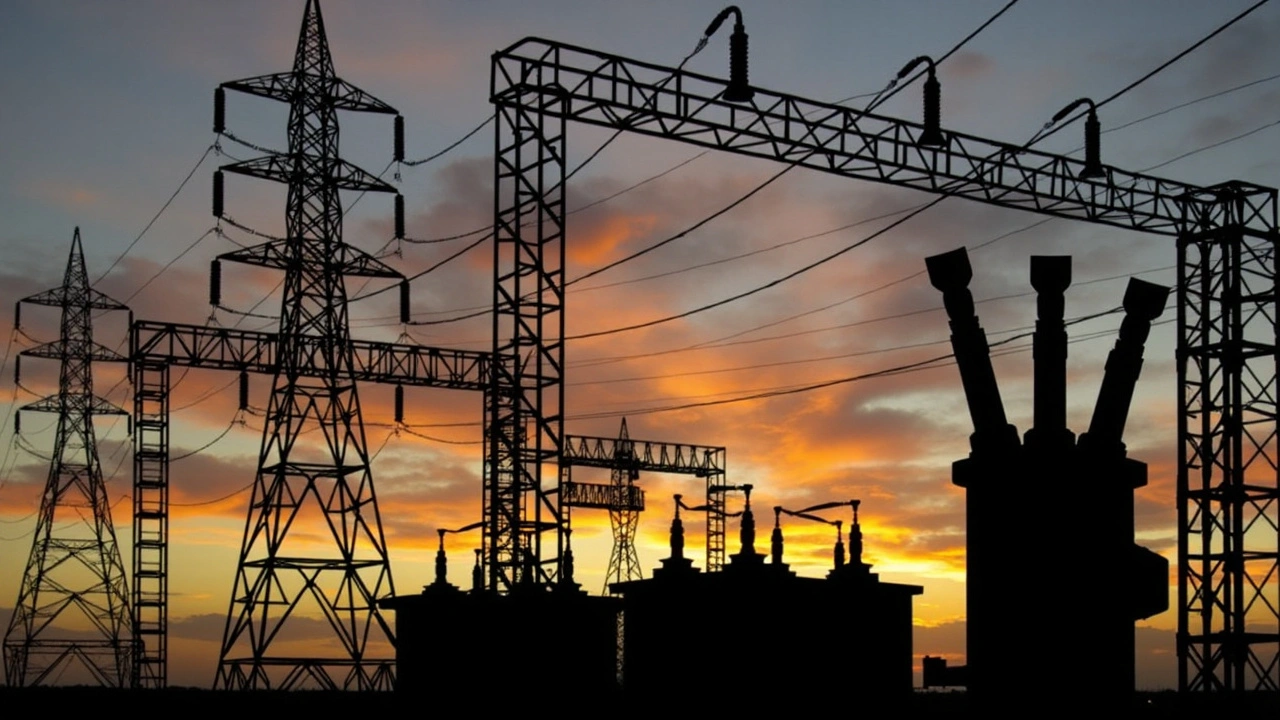Infrastructural issues — why they keep making headlines
Infrastructural issues show up in ways you can’t ignore: streets full of potholes, power cuts in the middle of a workday, police services stretched so thin people pay for private guards. These problems don’t just annoy people — they shape safety, jobs and daily life. On this tag we collect news and reports that explain what’s broken, who pays the cost, and which fixes actually work.
Where the strain shows most
Look at South Africa: citizens spend about R11.8 billion every year on private security because official policing capacity often falls short. That’s not a small number — it’s money that could go to schools, clinics or road repairs. Big events also lay bare weak planning. Heavy snowfall almost disrupted a Liverpool–Man United match and stadium safety lapses at some events have led to empty seats and near-misses. When public services and event infrastructure fail, the social and economic impacts ripple fast.
Transport and scheduling can collapse under unexpected pressure. A Champions League meeting clashed with a local carnival in the Netherlands, forcing UEFA to refuse a reschedule and leaving police stretched across two big events. These clashes show that event planning, local policing and public logistics must be coordinated months in advance — not fixed at the last minute.
Health, sport and small signals that matter
Noise pollution is another infrastructural issue people often miss. Chronic noise links to stress, sleep problems and heart disease — long-term effects that quietly reduce life quality. Sports fixtures and large events highlight these risks because they concentrate crowds, transport needs and loud environments in one place. Even top-level football and rugby fixtures depend on reliable roads, power and emergency plans to run safely.
So what helps? First, routine maintenance beats crisis spending. Potholes, power lines and drainage systems need steady budgets and clear accountability. Second, data and local input matter: use traffic and crime data to time events and deploy police, and ask neighbourhoods what they actually need. Third, mix big projects with small fixes — a new road is great, but better street lighting and repaired drains often deliver faster gains for safety and business.
Private money will keep filling gaps while public services lag, but that’s not a fix — it’s a bandage that leaves inequality in place. Instead, push for transparent procurement, local hiring for maintenance, and public dashboards that show where money goes. When citizens can see who’s responsible and what’s being done, projects move faster and corruption drops.
Follow this tag for stories that connect headlines to practical solutions. We track how infrastructure affects daily life, follow major events that expose weak systems, and highlight fixes that work in cities and towns across Africa. Want a roundup or a deep dive into a specific city’s problems? Tell us which place you care about and we’ll follow up.

Unprecedented Sixth National Grid Collapse Plagues Nigeria in 2024
Keabetswe Monyake Oct 15 19Nigeria faces another nationwide blackout as the national grid collapses for the sixth time in 2024, highlighting ongoing infrastructural issues and operational inefficiencies in the power sector. This disruption significantly impacts daily life and economic activities, emphasizing the urgent need for reforms. It also raises questions about the government's ability to stabilize power supply and secure vital investments.
More Detail